The People’s Bank of China (PBoC) has been steadily buying physical gold to add to its national reserves, according to MarketWatch. Speculation is growing that the country may be secretly buying more of the precious metal as part of a strategy to reduce its dependence on the U.S. dollar.
Buy gold continuously
This is believed by many investors in the context that gold prices seem unable to fall sharply, although there are times when many factors work against the upward trend of gold.
In the past 2 months, the gold price only dropped to the threshold of 3,300 USD/ounce before rebounding and heading towards the threshold of 3,350 USD/ounce. For a while, the strong supporting factor for gold - the instability in the Middle East - gradually subsided and was no longer mentioned much. The return of stability in Syria has opened up a prospect of stability and development for this region.
However, gold prices still rise rapidly every time profit-taking pressure increases. Some gold ETFs have recently sold heavily but gold prices still do not break through the threshold of 3,300 USD/ounce.
In the evening session of July 18 (Vietnam time) on the New York market, the gold price jumped to the threshold of 3,360 USD/ounce.
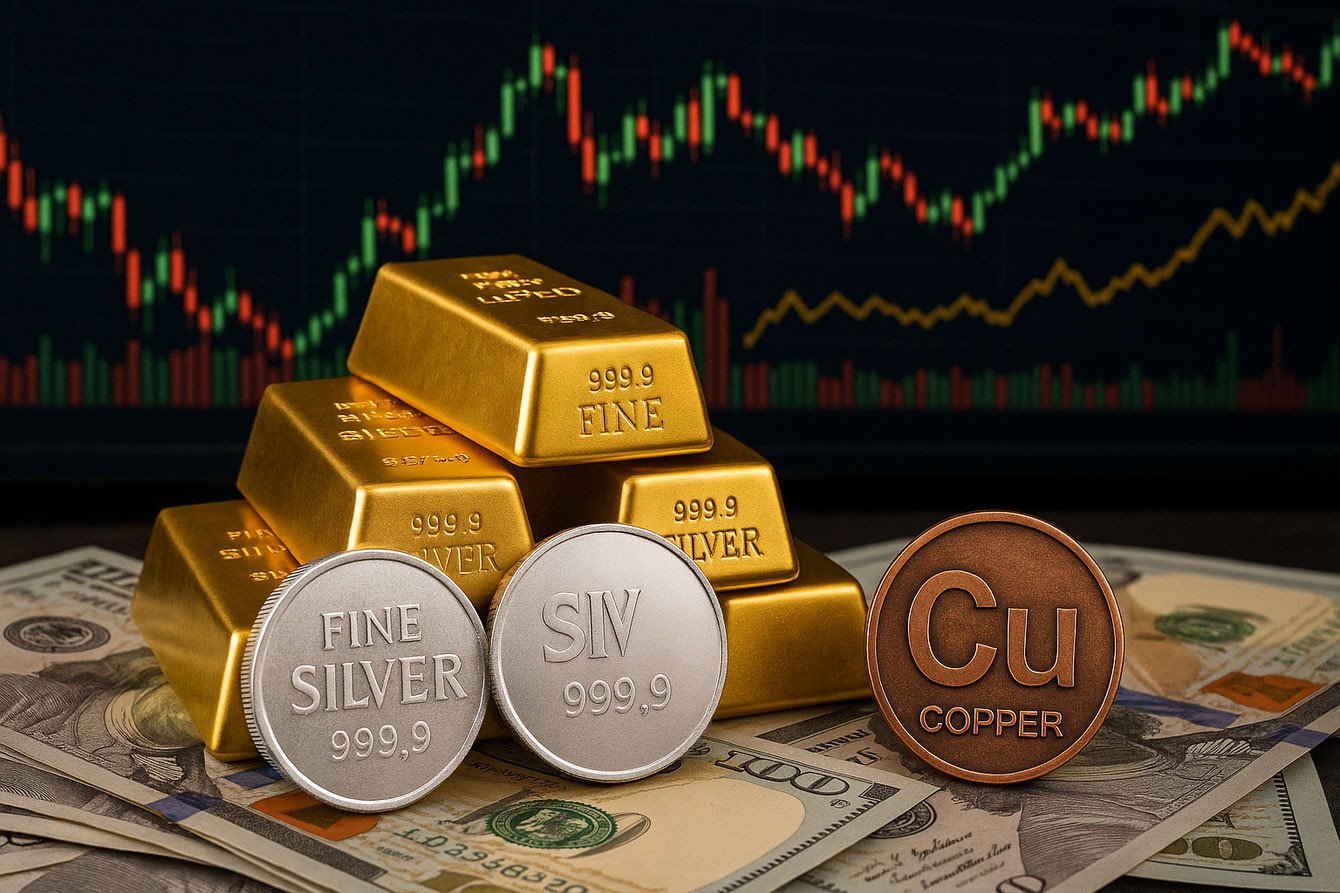
The PBoC began to increase its gold purchases in early 2022, when the Russia-Ukraine conflict broke out, said Jan Nieuwenhuijs (Money Metals). At that time, the West froze Russia's foreign exchange reserves (in dollars and euros). Concerned about the possibility of the US dollar being weaponized, foreign central banks bought gold in record amounts, according to Jan Nieuwenhuijs (Money Metals).
According to the World Gold Council (WGC), in 2022, for the first time in many years, the PBoC published a report on the increase in gold reserves. However, this figure was given by the PBoC itself, while collecting accurate data from China is a challenge due to confidentiality.
Money Metals President and CEO Stefan Gleason said it makes sense for China to limit information disclosure.
“Ultimately, it is not in any buyer's best interest to take actions that make their purchase price more expensive than necessary,” he said.
The PBoC reported a total of 62 tonnes of gold purchases in November and December 2022, bringing its total gold reserves to over 2,000 tonnes for the first time. In 2023, the PBoC became the world's largest central bank buyer of gold, adding 225 tonnes to its gold reserves, bringing its total gold reserves to 2,235 tonnes, the WGC reported.
In 2024, the People's Bank of China purchased 44 tonnes of gold, of which 29 tonnes were purchased between January and April. The PBoC then did not report any changes to its gold reserves until gold purchases resumed in November 2024. By the end of 2024, the PBoC held 2,280 tonnes of gold, accounting for 5% of total international reserves.
Gleason said China and other countries want to reduce their dependence on the dollar. In addition, the global trade war also shows that the US will withdraw from international trade, so "other countries have less reason to hold so many dollars."
China may be holding 33,000 tons of gold
Asked whether the PBoC might be buying more gold than it is reporting, Joe Cavatoni, market strategist at the WGC, said there was a market discussion about "whether the purchases are being fully reported by the PBoC?".
However, he also admitted that "it is possible that there is more going on than what is being reported".
Currently, the US is still the country with the largest gold reserves (according to official announcement) with about 8,100 tons, followed by Germany (about 3,350 tons), Italy (2,450 tons) and France (2,440 tons). Russia owns 2,300 tons.
In a report at the end of 2023, Dominic Frisby - founder of FlyingFrisby (a London-based organization specializing in investing in markets, including gold), predicted that the amount of gold held by China is 10 times higher than the publicly announced figure. Accordingly, China may be holding 33,000 tons of gold, equivalent to about 3,300 billion USD (at current prices).
Frisby believes that China has very big ambitions. As the world's largest producer and importer of gold, Beijing's motto is "don't shine too brightly".
Frisby calculates that China has mined about 7,000 tonnes of gold in the 21st century. More than 50% of China’s gold mining is done by state-owned entities, and the country does not export the gold it mines. All of it is stored domestically.
On the import side, there are no exact figures for how much gold China has bought from Switzerland, Dubai or London, but Frisby offers some estimates: 22,000 tonnes of gold have been withdrawn from the Shanghai Gold Exchange. In addition, about 4,000 tonnes of gold were owned by the Chinese government in 2000.
In total, Frisby estimates that China holds at least 33,000 tonnes of gold, half of which may be state-owned. That's four times the amount of gold the US holds.
In the Vietnamese market, gold prices tend to increase again. Specifically, by the end of the trading session on July 18, the price of 9999 gold bars at SJC and Doji was listed at 119.5-121 million VND/tael (buy - sell). SJC announced the price of gold rings of type 1-5 at only 114.2-116.7 million VND/tael, while at Doji it was 115.9-118.4 million VND.
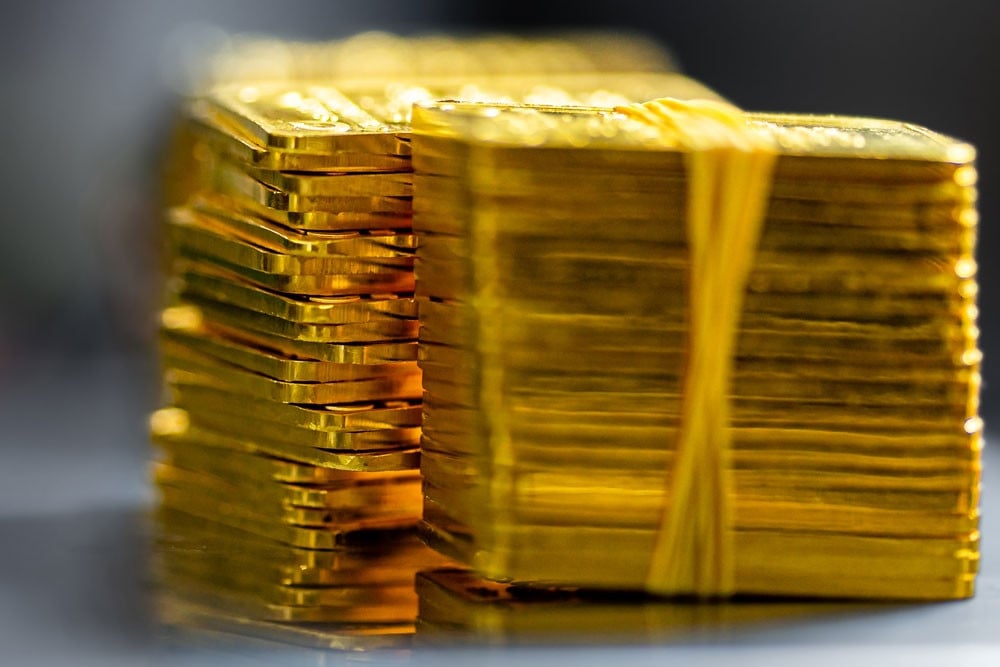
Source: https://vietnamnet.vn/gia-vang-leo-thang-trung-quoc-co-the-manh-tay-mua-tich-tru-2423361.html



![[Photo] Prime Minister Pham Minh Chinh chaired a meeting of the Steering Committee on the arrangement of public service units under ministries, branches and localities.](https://vphoto.vietnam.vn/thumb/1200x675/vietnam/resource/IMAGE/2025/10/06/1759767137532_dsc-8743-jpg.webp)

![[Photo] Prime Minister Pham Minh Chinh chairs a meeting of the Government Standing Committee to remove obstacles for projects.](https://vphoto.vietnam.vn/thumb/1200x675/vietnam/resource/IMAGE/2025/10/06/1759768638313_dsc-9023-jpg.webp)




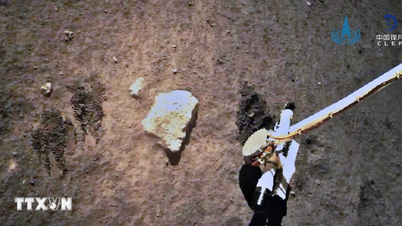





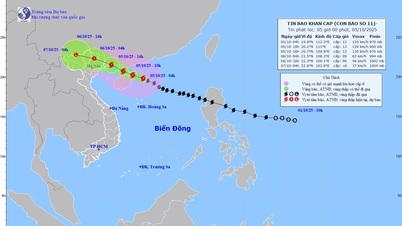

















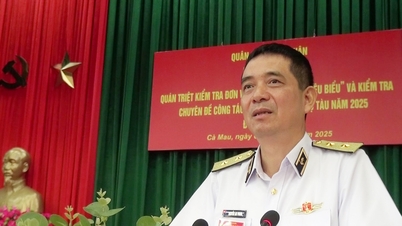



































































Comment (0)